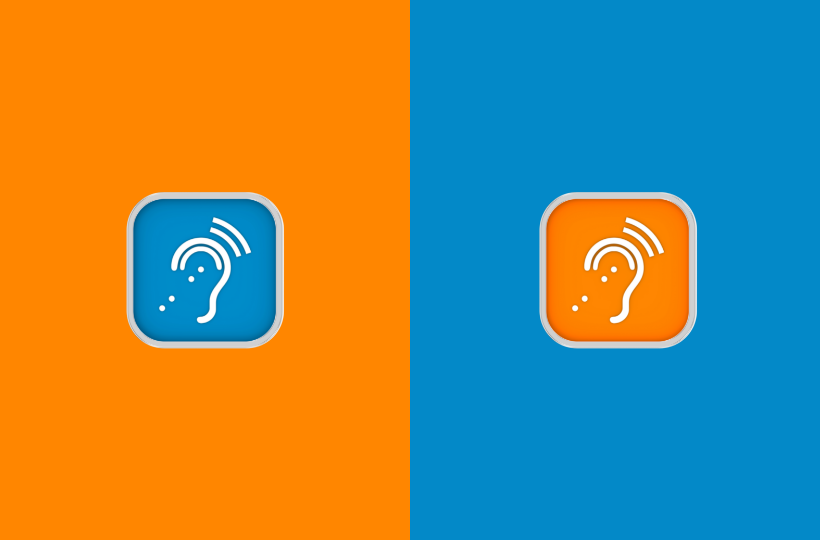
Every public business, organization, or venue should be thinking about how to improve accessibility at their establishment. Not only does it create a more welcoming environment for any and every-one that visits, but it can also be a legal requirement. Read on to learn more about how your business can (and must) improve accessibility through […]
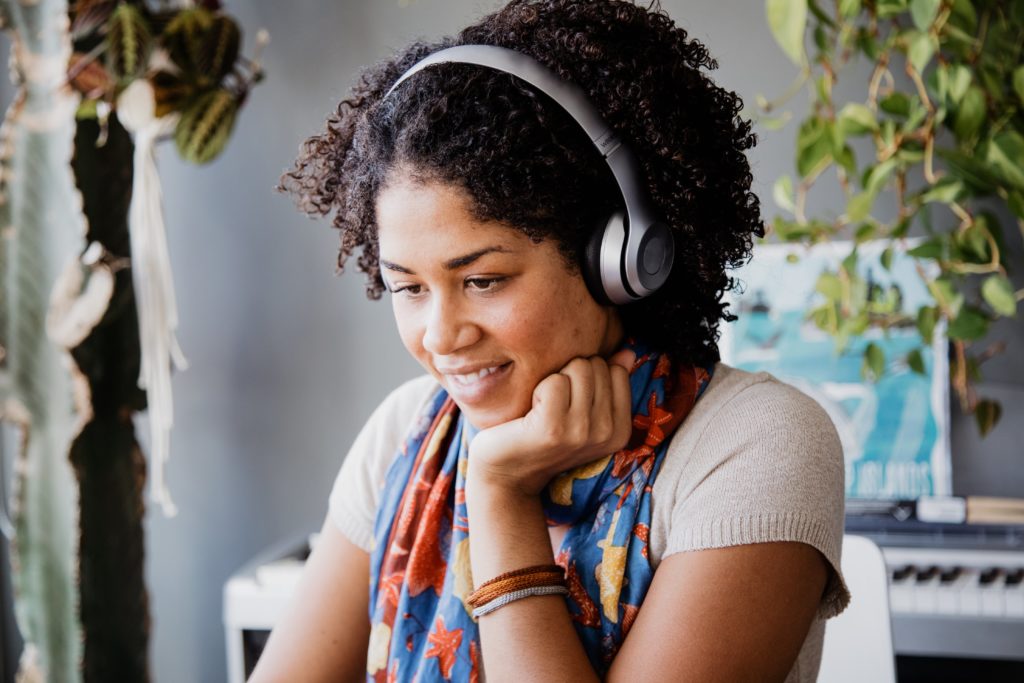
Did you know that 466 million people live with hearing loss worldwide? That’s why we celebrate World Hearing Day on March 3, 2020. World Hearing Day is a time to raise awareness for hearing loss prevention and help provide solutions for people with hearing impairments. In today’s loud world, noise-induced damage is one of the […]
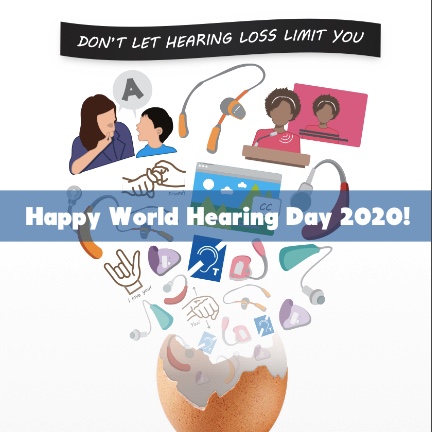
March 3, 2020 is World Hearing Day. World Hearing Day is about raising global awareness for the importance of hearing. This day encourages people to protect their hearing while spreading the word about new solutions for the hearing impaired. Being able to hear is part of a healthy, happy life. World Hearing Day invites us […]
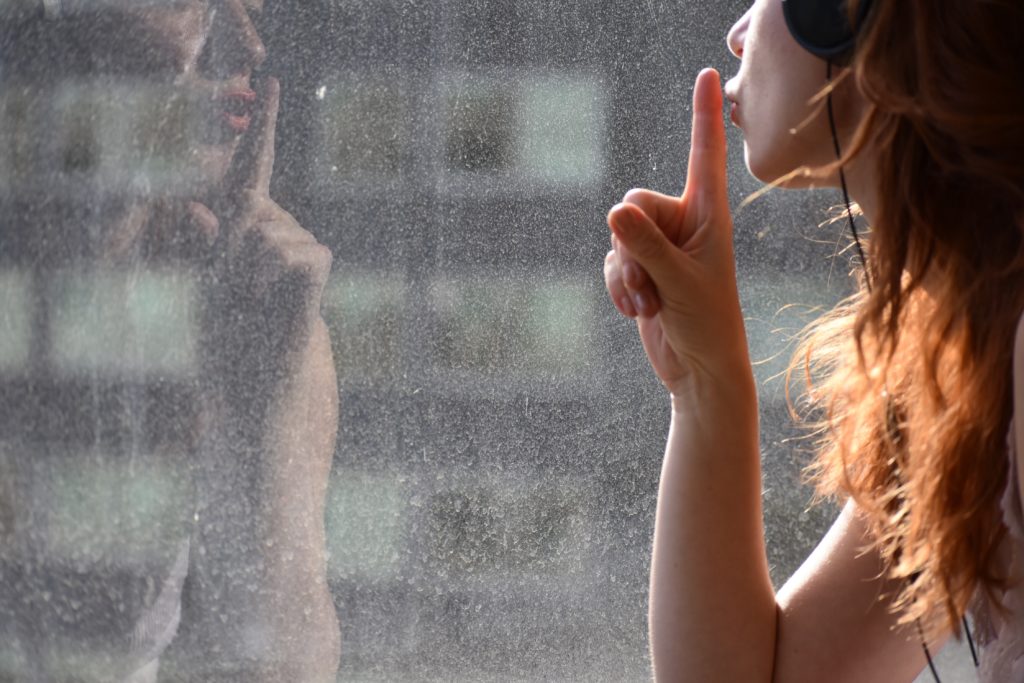
Hearing loss affects 48 million people in the United States, with 14% of adults ages 45 to 64 experiencing some type of hearing impairment. Whether mild or severe, untreated hearing loss can be difficult. It can lead to social isolation and even contribute to health problems. The good news is that there are many types […]
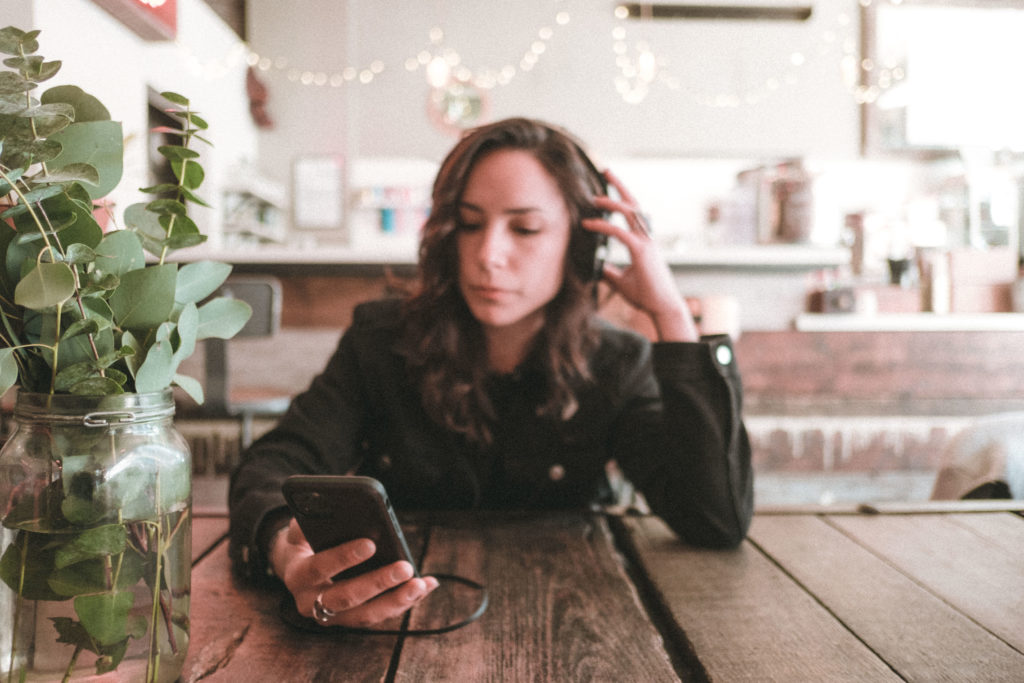
There are many reasons to protect your hearing. By taking steps to avoid hearing loss, you can remain engaged in your community and continue living life to the fullest as you age. But did you know that protecting your hearing also leads to a healthier brain? According to a recent Lancet study cited by the […]
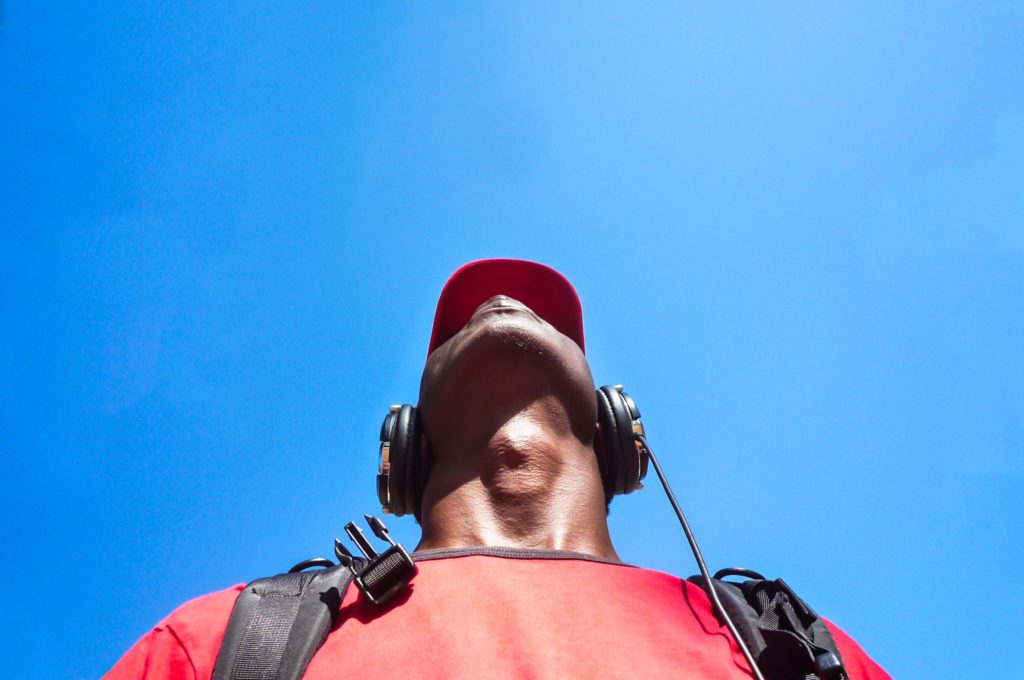
Happy New Ear from AudioFetch! Have you started on your New Year’s resolutions? It’s not too late to make healthy hearing one of your goals. With a few simple lifestyle changes, you can protect your hearing in 2020 and beyond. At AudioFetch, we’re passionate about providing solutions for people with hearing loss or damage. Like […]
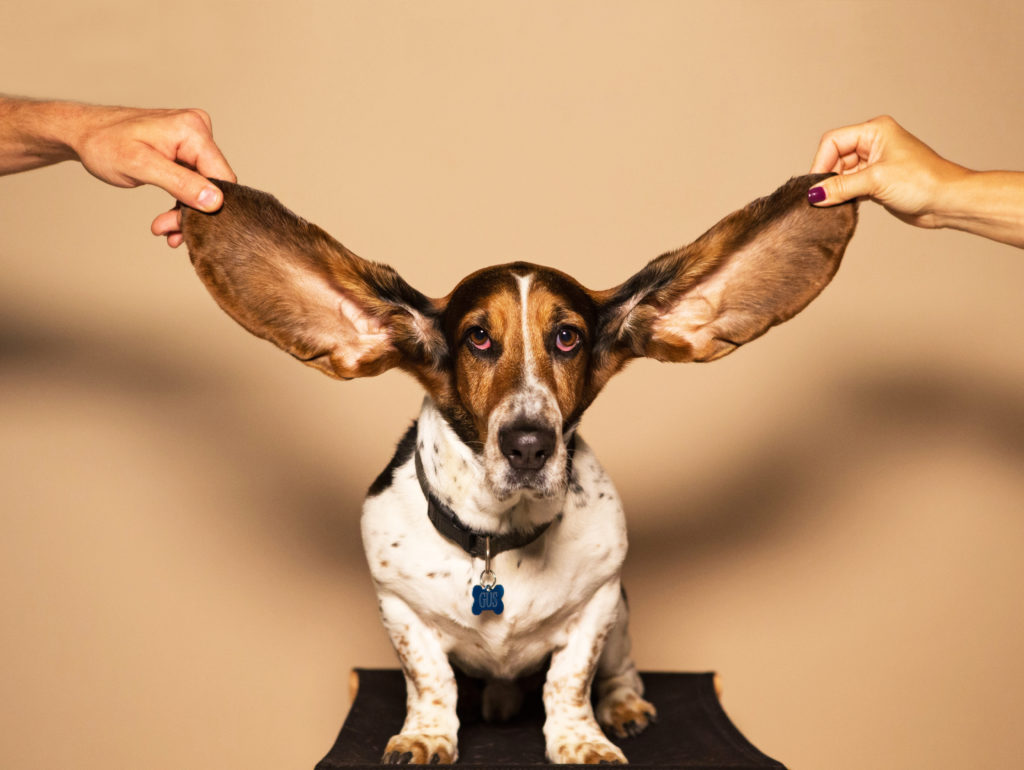
What’s your New Year’s Resolution? At AudioFetch, we’re dedicating 2020 to healthy hearing, so we want to wish you all a Happy New Ear! According to the World Health Organization, there are over 466 million people worldwide who experience some type of hearing loss or damage. Over the next 30 years, that number is expected […]






